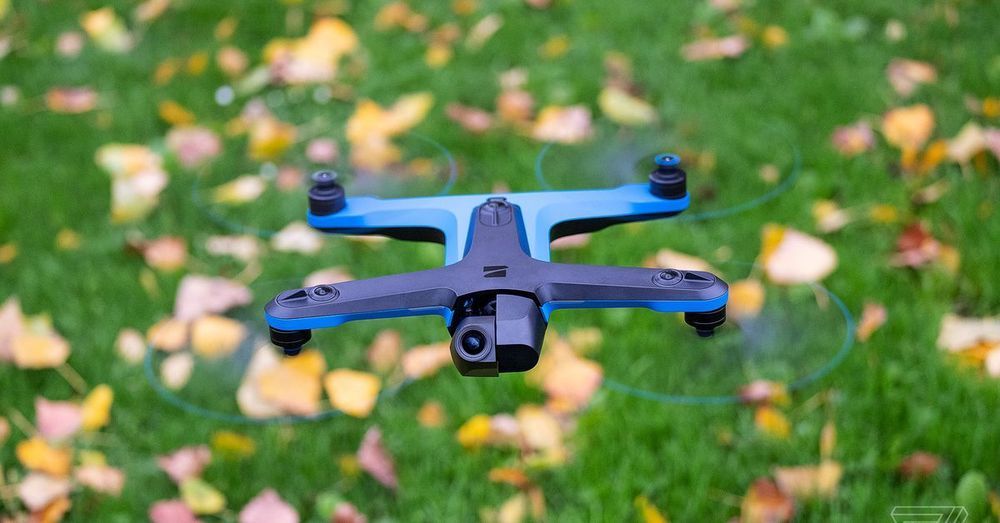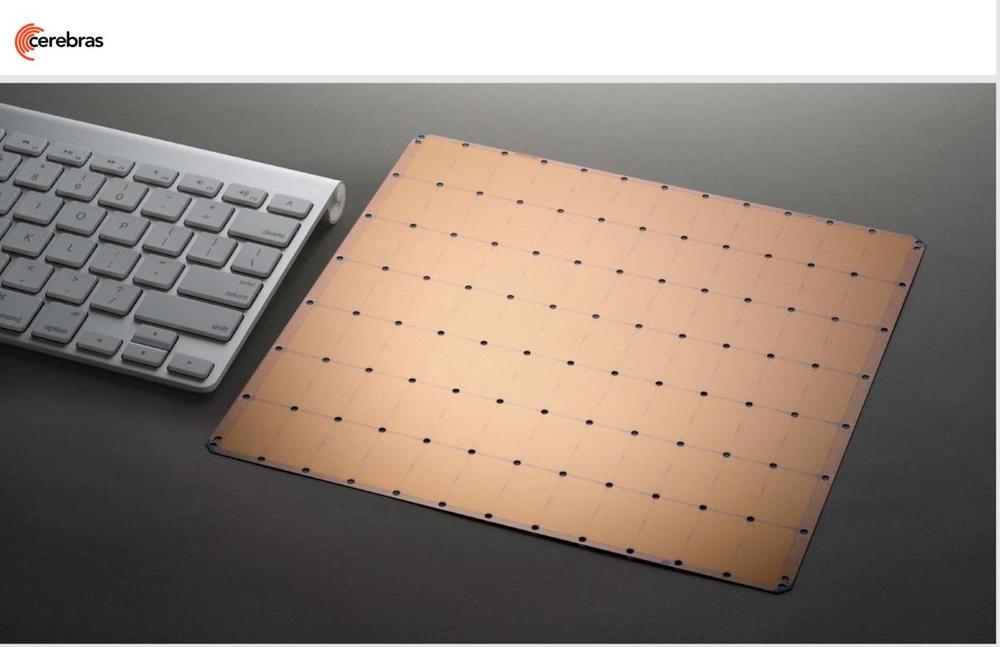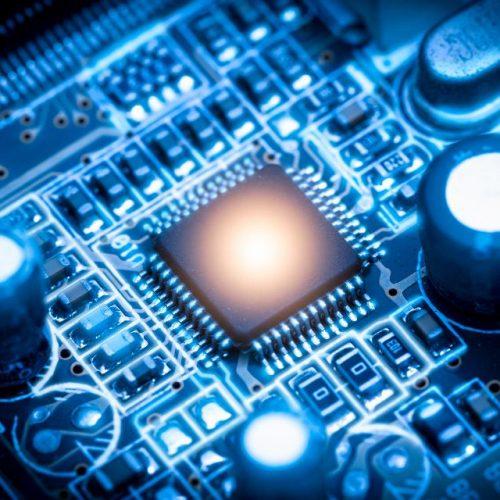The unique ability of cuttlefish, squid and octopuses to hide by imitating the colors and texture of their environment has fascinated natural scientists since the time of Aristotle. Uniquely among all animals, these mollusks control their appearance by the direct action of neurons onto expandable pixels, numbered in millions, located in their skin. Scientists at the Max Planck Institute for Brain Research and the Frankfurt Institute for Advanced Studies/Goethe University used this neuron-pixel correspondence to peer into the brain of cuttlefish, inferring the putative structure of control networks through analysis of skin pattern dynamics.
Cuttlefish, squid and octopus are a group of marine mollusks called coleoid cephalopods that once included ammonites, today only known as spiral fossils of the Cretaceous era. Modern coleoid cephalopods lost their external shells about 150 million years ago and took up an increasingly active predatory lifestyle. This development was accompanied by a massive increase in the size of their brains: modern cuttlefish and octopus have the largest brains (relative to body size) among invertebrates with a size comparable to that of reptiles and some mammals. They use these large brains to perform a range of intelligent behaviors, including the singular ability to change their skin pattern to camouflage, or hide, in their surroundings.
Cephalopods control camouflage by the direct action of their brain onto specialized skin cells called chromatophores, that act as biological color “pixels” on a soft skin display. Cuttlefish possess up to millions of chromatophores, each of which can be expanded and contracted to produce local changes in skin contrast. By controlling these chromatophores, cuttlefish can transform their appearance in a fraction of a second. They use camouflage to hunt, to avoid predators, but also to communicate.







